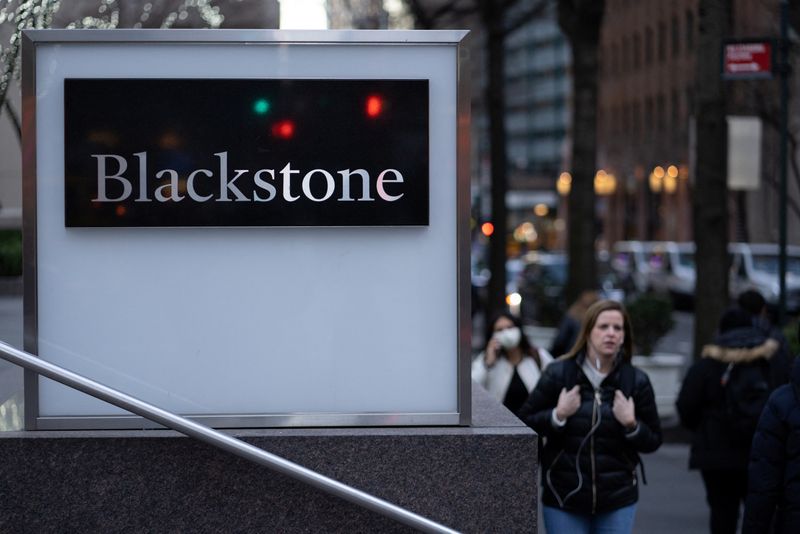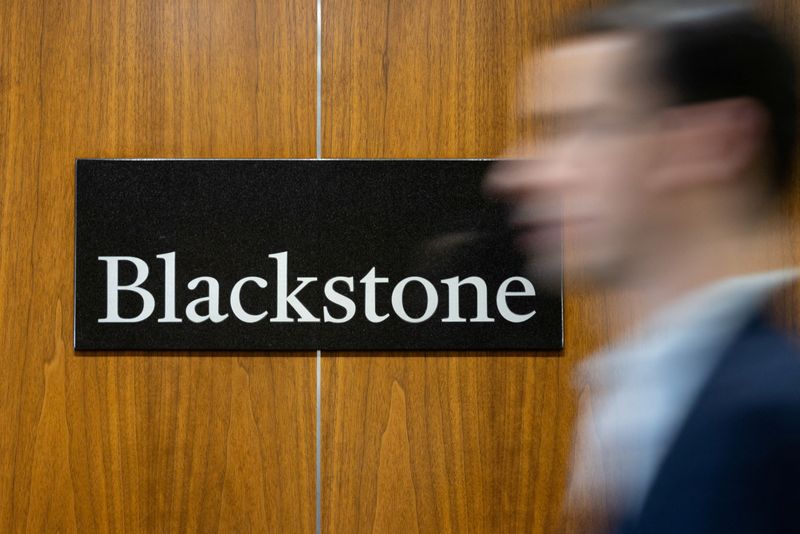By Anirban Sen
(Reuters) -Private equity firm Blackstone (NYSE:BX) is in early-stage talks to acquire Retail Opportunity Investments Corp (NASDAQ:ROIC), which owns U.S. shopping centers and has a market value of close to $2 billion, according to people familiar with the matter.
Blackstone's interest comes after ROIC's shares lost more than 10% of their value in the last 12 months, underperforming some other real estate investment trusts (REITs). The buyout firm's approach indicates it sees values in ROIC's properties, which mainly house supermarkets and drugstores.
No deal is certain and another bidder for ROIC could emerge, the sources said, requesting anonymity because the matter is confidential.
Blackstone declined to comment. ROIC did not immediately respond to requests for comment.
ROIC's shares jumped as much as 20% on the news in afternoon trading on Tuesday.
Owners of strip malls, pharmacy chains, and retail stores have managed to pass on some of the recent bout of inflation to consumers, benefiting landlords like ROIC. The company has been raising rents, achieving a 12.4% increase in same-space new leases during the second quarter.
Limited new construction of retail real estate has also contributed to the scramble for high-quality space. Vacancies at U.S. shopping centers stood at 5.3% for the second quarter ended June 30, the lowest level since Cushman & Wakefield (NYSE:CWK) started tracking the data in 2007.
Based in San Diego, California, ROIC owned 95 shopping centers spanning about 10.7 million square feet (994,000 square meters) as of the end of June. Last week, it reported net income of $18.4 million for the first six months of 2024, up from $18.1 million in the corresponding period a year ago.

Dealmaking in the REIT sector is picking up. Earlier this year, Blackstone signed a deal to acquire Apartment Income REIT for $10 billion.
Blackstone is one of the world's largest investors in real estate, with $336.1 billion in assets in the sector as of the end of June. The New York-based firm has recently focused on warehouses, rental housing and data centers, which comprise about 75% of its global real estate equity portfolio.
